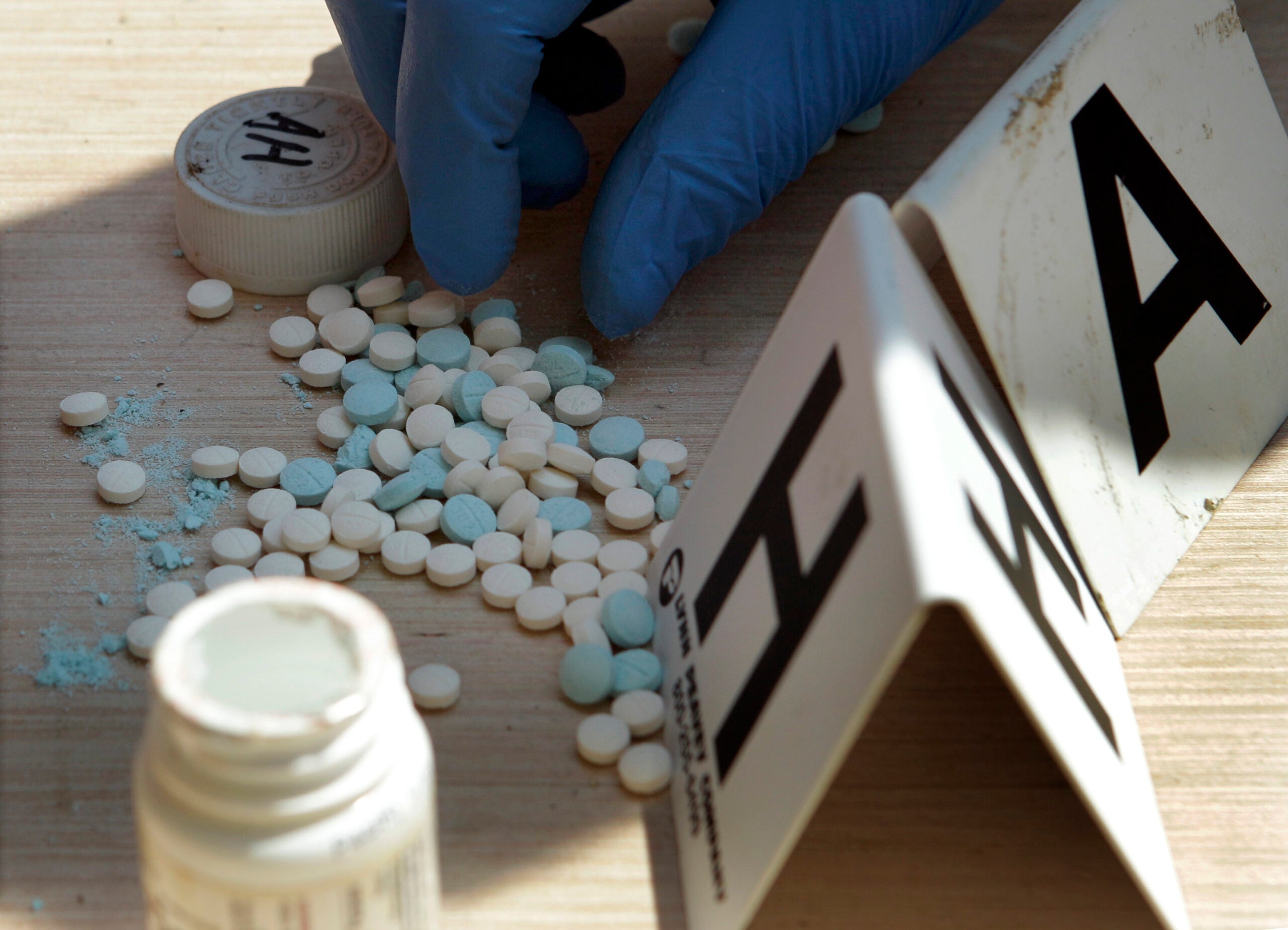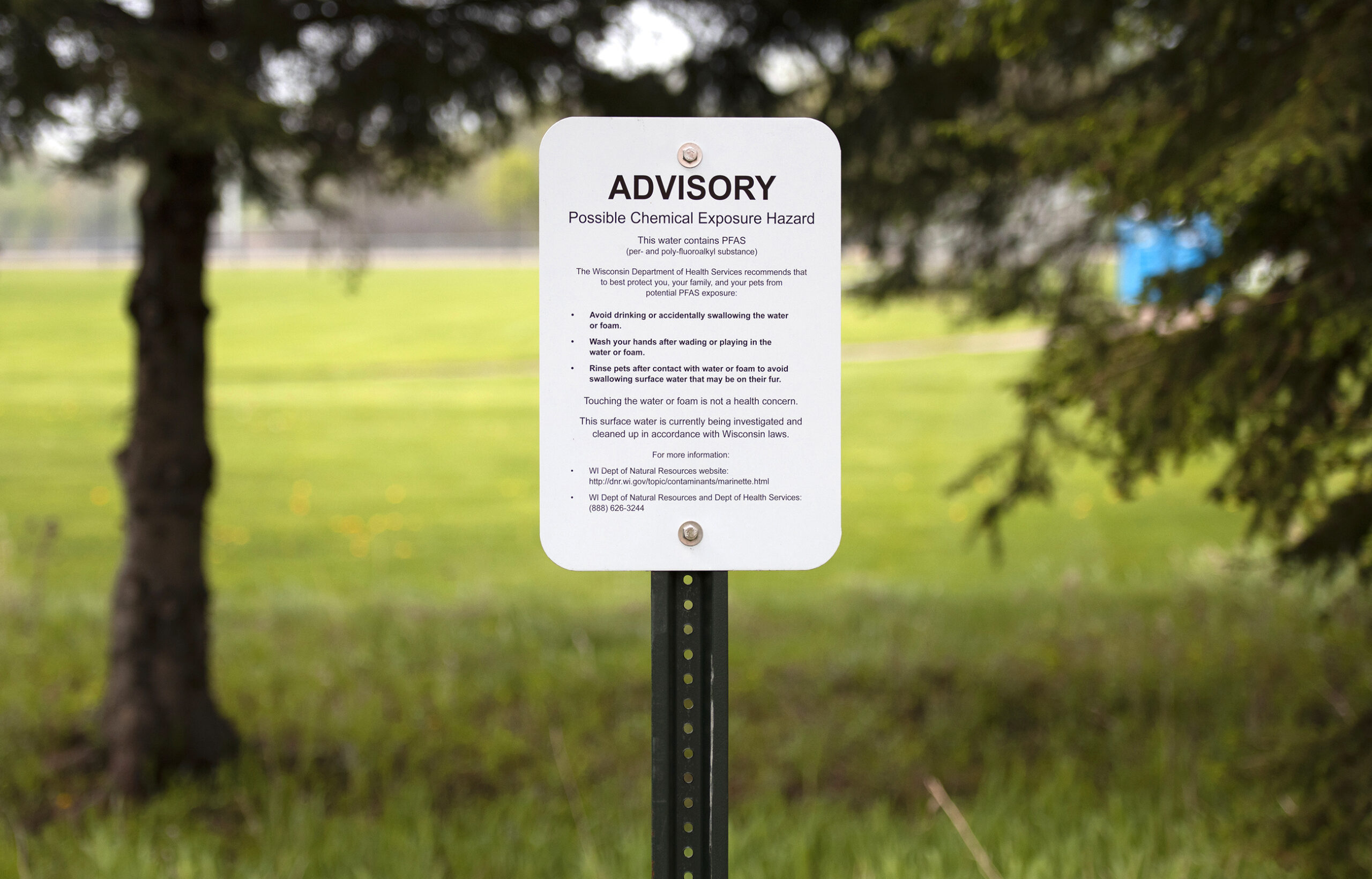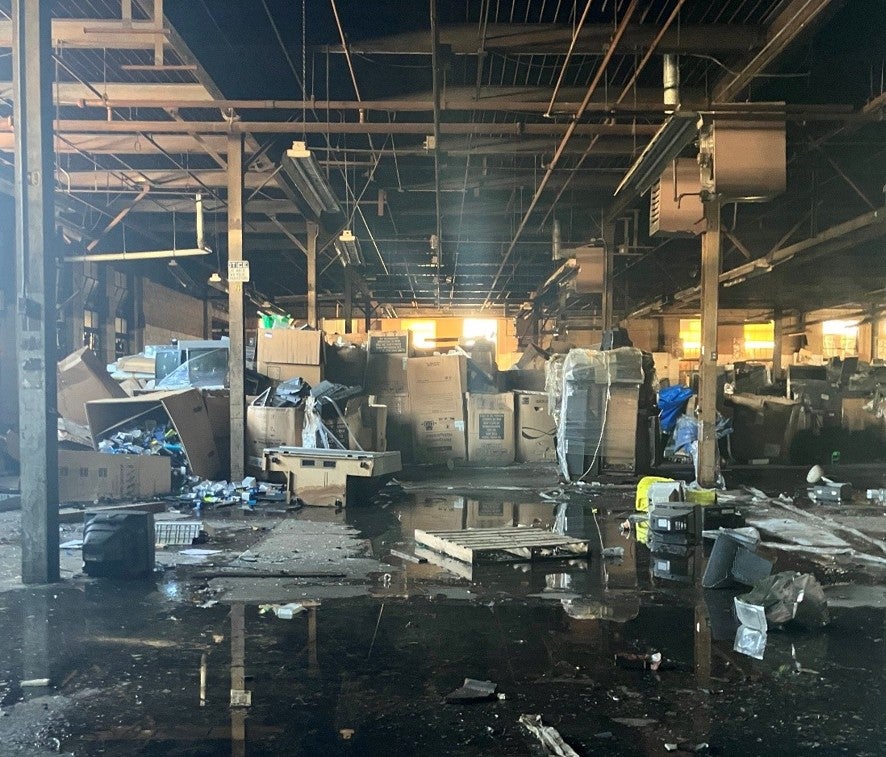The U.S. Drug Enforcement Agency is paying for containers it says will cut methamphetamine lab cleanup costs by up to 90 percent. The units will be in Barron, Brown, Dane, Eau Claire, Marathon, and Vernon counties.
The containers, which look like portable storage pods, will let police contain potentially hazardous materials found at sites where meth was made. Until now, specialized containment teams were required to go to meth labs — oftentimes in abandoned rural areas — to secure the materials.
Wisconsin Attorney General Brad Schimel announced the program Monday in Green Bay, where one of the pods will be located.
News with a little more humanity
WPR’s “Wisconsin Today” newsletter keeps you connected to the state you love without feeling overwhelmed. No paywall. No agenda. No corporate filter.
He said the average cost to clean up a meth lab is “at least $3,000” without including the overtime needed to pay officers to guard the area.
He said before having the secure storage containers, “local law enforcement has to secure the site and wait for specialized cleanup crews. Now with DEA money, local cops can do some cleanup before the specialists arrive.”
Schimel said the pods could bring overall cleanup costs down to $300, partly because overtime for local police will decrease.
Schimel told reporters Monday that the state Department of Justice’s Division of Criminal Investigation estimated it spent $235,000 in meth lab remediation between 2011 and 2015.
“Local police will be able to stabilize and transport meth hazardous waste to these secure containers on their own, then specialized teams can come in to do the rest of the disposal.” Schimel added the special teams can then, “pick up hazardous waste from multiple labs sites over a number of days instead of several costly trips to clean up after each event.”
Wisconsin contracts with a private company to dispose of meth waste, which is incinerated in Illinois.
Brown County’s container will be housed on the grounds of the sheriff’s office on the southeastern edge of Green Bay.
The city’s police chief, Andrew Smith, called meth a “nasty drug,” noting it is being made in many different places throughout the county.
“(Labs are) left behind in parks or in ditches or in cars. In one case recently in someone’s house. We have specially trained officers in Green Bay, a small handful of them, that are trained to at least stabilize these labs until the real experts can get there but it is a big complicated process for us,” Smith said.
Schimel is running for re-election, facing Democratic rival Josh Kaul and Terry Larson from the Constitution Party in the November general election.
Wisconsin Public Radio, © Copyright 2025, Board of Regents of the University of Wisconsin System and Wisconsin Educational Communications Board.





